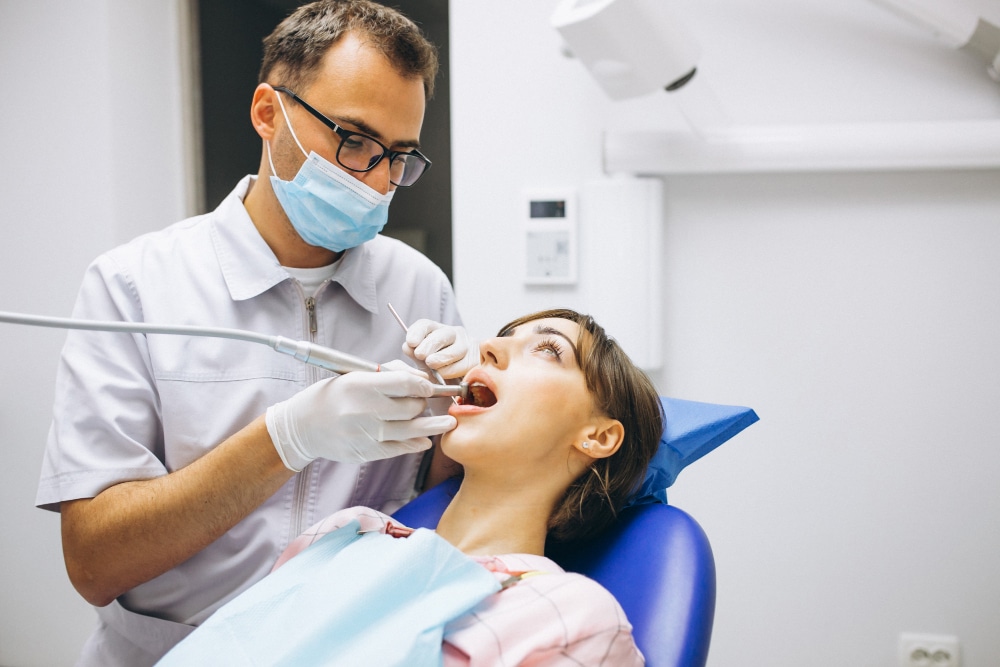
Advanced Periodontitis is Severe Than Gingivitis, Know the Difference
Both gingivitis and advanced periodontitis are associated with gum disease. They are the initial and the final stages of periodontal disease and we will be explaining the difference between both the stages today. Gingivitis can be cured if you take some necessary steps right at the beginning, but the condition can get severe and give rise to advanced periodontitis if a proper care is not taken.
Let Us Know How Gingivitis Can Affect Our Dental Health
Gingivitis is the first stage of gum disease which can be detected if your gums become red and swollen. The common cause of its emergence is the formation of dental plaque near the gum line which occurs due to the bacteria that live in your mouth. Your gums could even start bleeding while flossing or brushing at this stage. The problem can be treated by taking a good care of your dental hygiene, thus, brush and floss twice in a day and also don’t forget to scrape your tongue. Rinsing your mouth with an antibacterial mouthwash is also essential.
Following a great oral hygiene will not only cure gingivitis but will also restrict the occurrence of several other dental problems. However, see a dentist if gingivitis is bothering you even after taking the necessary steps.
Now Let’s See How Advanced Periodontitis Can Affect Your Oral Health
Advanced periodontitis is the last stage of gum disease which comes into the picture when your teeth get damaged completely because the bone that holds them is largely affected at this stage. Therefore, the teeth start shifting from their position or become loose which further leads to tooth loss.
Other Consequences of Gum Disease
Receding gums is one of the major symptoms of gum disease, the roots of the teeth get exposed when this happens. A tooth may look longer or your teeth might become sensitive when receding gums start emerging.
A periodontal pocket is yet another symptom of gum disease, they form in between the gums and the teeth, making more space for plaque and bacteria to reside.
How Can You Prevent Dental Plaque?
The below-mentioned steps can help you prevent plaque formation.
- Cut down on smoking or quit it completely.
- Brush and floss twice every day.
- Don’t have acidic foods and beverages much.
- Cut down on sugary foods.
- See your dentist every six months.
Emphasizing on your dental health can help you prevent gum disease. Call us @(281) 789-6098 to know more about the facts related to it and how can a poor oral hygiene affect your general health.



